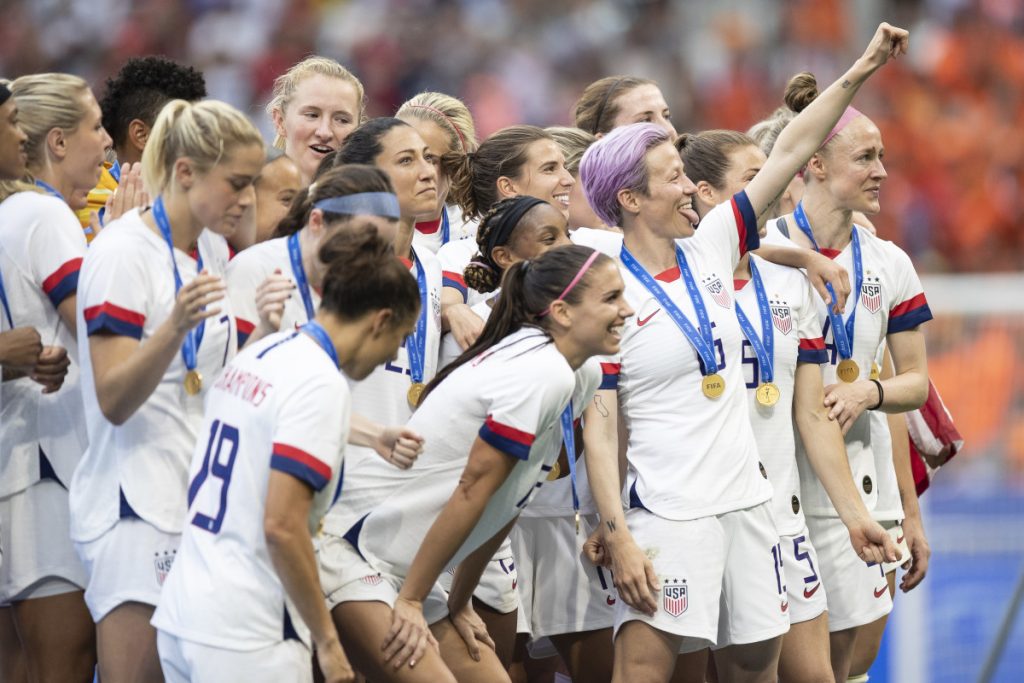
More and more youth soccer programs are evolving faster than ever. Today, how young athletes train, play, and grow is being redefined by new strategies, technologies, and priorities worldwide. Soccer skills aren’t just something you’re building anymore; these programs create well-rounded individuals ready to take on any challenge on or off the field.
Integration of Technology in Youth Soccer
Technology has made soccer more about learning and development for younger players than in previous times. But now coaches rely on advanced tools to measure performance metrics, analyze game footage and adjust training plans. As players try to perfect their speed, stamina, and technique, they are monitored where and how they move by GPS trackers and wearable sensors. These advancements also influence how football odds are calculated, as data-driven insights provide a clearer picture of player and team performance. A platform that allows young athletes to watch their gameplay and make better decisions.
Apps driven by AI and virtual training environments have also left their mark. Now, players can learn to perform in real game scenarios and against virtual opponents. This innovative fashion creates confidence and teaches instincts through trial and error. The technology ensures that if you’re at grassroots leagues or the highest academies, you have the resources to unlock your full potential, no matter where you are or what skill level you have.
Prioritizing Mental Health and Well-being
Mental health is as important as physical fitness. Initiatives are being developed to ensure players receive emotional and physical support during training and competition. Similarly, Melbet emphasizes the value of balanced preparation, showcasing how mental resilience contributes to success in high-pressure sports scenarios. Training schedules and environments are evolving to promote well-being and resilience among players:
- Mindfulness sessions: Mindfulness is being used by teams to reduce stress and sharpen focus.
- Access to sports psychologists: Guidance from any professional helps players overcome challenges and keep their confidence going.
- Open communication: The first way a company encourages mental health discussions is to create a culture that supports it.
Programs strive to combine competition with care to nurture a young athlete’s mind and emotional well-being. Winning isn’t the point; it’s about being a thriving person.
Expanding Access to Soccer for All
Youth soccer no longer belongs only to elite academies. The sport is becoming more accessible worldwide, with programs breaking barriers to make it available to everyone. Innovative initiatives in rural villages and bustling cities are making sure that every child has the option to step onto the field. This global push is helping to write a less exclusive future for the game.
Programs Supporting Girls in Soccer
The sport is being changed by the rise of initiatives that support girls in soccer. These programs break down old-guard norms, offering scholarships and mentorship opportunities for girls pursuing (professional or collegiate) soccer careers.
Clubs like Arsenal and Olympique Lyonnais in Europe are leading in bringing women’s teams into their academy. Their commitment means the next generation of female players can access world-class facilities and coaching. These programs provide much-needed expansion of talent pools and reshape soccer’s future with powerful new voices rather than just prioritizing female athletes.
Accessible Soccer for Economically Disadvantaged Communities
Soccer needs creativity and determination to bring soccer to underprivileged communities. Free training, equipment and transportation are bridging the financial gap for organizations like Soccer Without Borders and street leagues in Latin America. The efforts ensure that economic constraints keep everything talented.
Mobile soccer academies are offering training in rural areas in India and Africa. Coaches bring portable goals and gear, which they give children without access to organized sports. This soccer unifies people across economic barriers, leveling the playing field and making soccer a unifying force.
Adapting Coaching Techniques for Modern Needs
The dynamic and player-focused nature of coaching in youth soccer has increased. Current programs are oriented towards tempered training methods, analysis of each player’s strengths, and development themes. Coaches are now using wearables to insert data-driven insights into drills. This method allows for related skills that the young player will develop, thus making the player more valuable on the field.
Communication has also changed. Today, thanks to positive reinforcement and constructive feedback, coaches have the opportunity to build confidence. Modern coaching techniques are redefining smarter, more versatile players ready to dominate the modern game of soccer by adapting the coaching techniques to each athlete’s needs.
Sustainability in Youth Soccer
Youth soccer is going green to create an environmentally friendly future. Now, programs prioritize reusable gear, solar-powered facilities, and waste reduction. Environmental organizations partner with the next generation of athletes to raise awareness. Soccer isn’t being built for sustainability—it’s a part of the game’s future, from grassroots to the top of the elite academies.
Leave a Reply